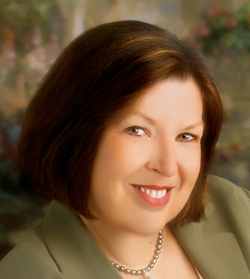In some ways, starting a business is a lot like playing poker: An entrepreneur always has to weigh the odds, give herself room to maneuver and know when to hold or fold.
According to recent data from the U.S. Small Business Administration, 31 percent of businesses fail within the first two years and half within five years. On the other hand, more than 25 percent of all business startups survive for at least 15 years.
A few — but not many — companies succeeded despite a firm hand on the till that kept them from taking a few risks by investing in growth and innovation. For every company that succeeded wildly right after the founder had mortgaged the house and maxed out the credit cards, hundreds went bankrupt or were saddled with debt for many years.
The trick is to evaluate the odds. Anyone starting a business should make sure to have at least six to 12 months of cash to cover the anticipated burn rate or negative cash flow; this may vary significantly by industry. He also should watch the financials carefully and make sure to operate roughly according to plan. If cash is disappearing faster than expected, the owner will want to take the time to see what changes might be made to the business plan and to seek outside assistance if necessary.
Plenty of resources are available to help entrepreneurs double-check their numbers —from the state’s 20 small business development centers to volunteer organizations such as SCORE (Service Corps of Retired Executives). Entrepreneurs may also want to consult their lender, certified public accountant, board members or business consultant. An entrepreneur should take advantage of this expertise while there’s still room and time to make changes.
While some optimists believe any company can be saved if the management reacts in time, it’s also true that some business concepts are just too far in front of or behind the curve, and sometimes external business conditions can change faster than a small business can react. In either case, getting a second opinion from someone with a relevant skill set and more objectivity is the best way to know when to hold and when to fold. At least in business, unlike poker, you can show your hand to the right adviser.
Entrepreneurs in search of more information about business financial plans and access to capital should attend the Women’s Entrepreneurial Education Workshop Series organized by the New Mexico Angels beginning September 18 at WESST Enterprise Center, 609 Broadway Blvd. NE in Albuquerque. The first workshop, called How to Prep for Angel Funding, addresses strategic advantages, business models and financial teams. For more information, visit www.nmangels.com/events.
Download 258_Knowing When to Hold or Fold Works in Business and Poker PDF

